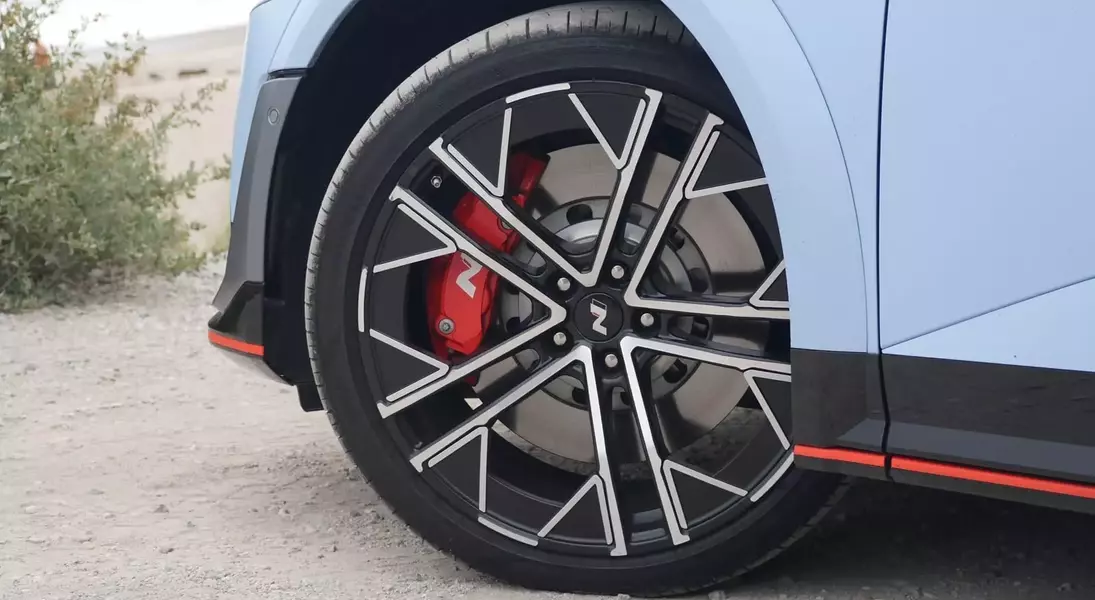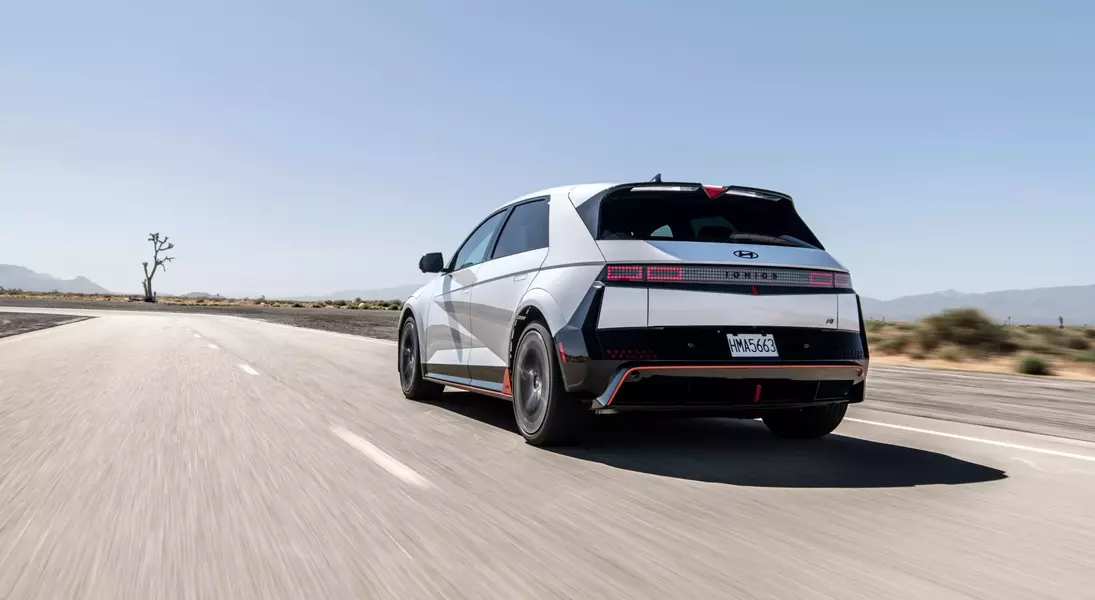




Reclaiming the Garage: Owners vs. Automakers in the Digital Age
The Evolution of Vehicle Upkeep and the Rise of Digital Barriers
For decades, car enthusiasts have prided themselves on their ability to personally maintain their vehicles, performing tasks from oil changes to replacing brake components. This practice not only offered financial savings but also fostered a deeper connection between owners and their automobiles. However, as contemporary vehicles increasingly resemble advanced computational systems on wheels, this cherished tradition is confronting significant technological hurdles. The ease of DIY repairs is diminishing, replaced by a complex network of proprietary tools and software dependencies.
Hyundai's Controversial Stance on Owner-Performed Brake Servicing
A recent incident involving a Hyundai Ioniq 5 N owner has brought renewed attention to the 'Right to Repair' debate. The owner claims that Hyundai has intentionally obstructed independent brake maintenance by implementing software locks and mandating the use of specialized, costly diagnostic equipment. What was once a straightforward task for any skilled mechanic has now become an intricate process, requiring access to manufacturer-controlled systems and potentially high subscription fees. This shift transforms routine repairs into a frustrating ordeal, raising questions about consumer autonomy.
Navigating the Labyrinth of Proprietary Tools and Restricted Access
The core of the problem lies with the electronic parking brake system, which demands digital deactivation and reset before any pad replacement can occur. To accomplish this, Hyundai specifies the use of its J2534 Diagnostic Tool, an expensive hardware adapter costing around $2,000, coupled with a weekly software subscription fee of $60. Compounding the issue, reports indicate that this system is incompatible with newer 2025 models. Furthermore, disgruntled owners have reported their access to Hyundai's diagnostic network being revoked by entities like the National Automotive Service Task Force, citing policies that exclude "DIYers." This starkly contrasts with the simpler, Android-based systems reportedly used by authorized dealerships, creating a significant disparity in repair accessibility.
The Broader Implications for Vehicle Ownership and Repair Autonomy
This situation exemplifies a growing tension in the ongoing 'Right to Repair' movement. With the increasing sophistication and encryption of electric vehicle systems, even basic service tasks are becoming contingent on manufacturer approval. Advocates argue that restricting access to essential tools and vehicle data strips car owners of fundamental control over their own property. While Hyundai has yet to issue an official statement on the matter, the public outcry signals a deeper concern: if vehicle software dictates who can perform repairs, the traditional concept of car ownership and the freedom to customize and maintain one's own vehicle could be significantly eroded in the digital era.
